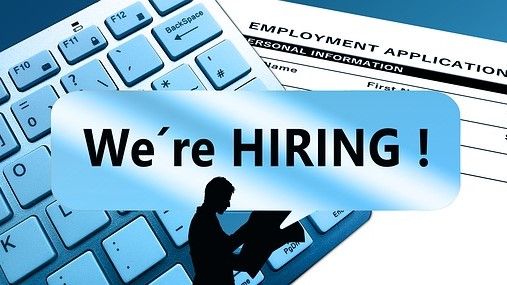
Sometimes it seems that saving part of your income is simply depriving yourself of things that would make your life better now for the benefit of an unknown future. The answer is to find a balance that allows you to save money without hating your life to do it.
To prime your “savings pump” consider these painless ways to pinch pennies without feeling the pinch:
Make your own coffee. Even if you use the best beans and the best brewing equipment, you’ll save over restaurant or coffee shop offerings.
Brown-bag it. You could easily save $25 per month taking your lunch to work . Double the benefit by using your lunch time to take a walk. Just avoid the fast food spots. It’s cheaper than joining a gym.
Stock up. When items you routinely use are on sale, buy some for storage. For instance, if your favorite apple juice, which regularly sells for $2.29 per bottle, is on sale for $1.50, you save 34 percent. Use the savings to look for other bargains. Watch for sales at the grocery where you most often shop
Spend some time in the produce aisles. The stated weight on many bagged items, such as potatoes, carrots, onions, apples, oranges, etc., cannot always be exact. It must weigh as much as the label states, but some may have a little more because of the inexact nature of packing items. You could end up with a bonus of a half pound or more if you take the time to weigh bags. Savings of 25 percent are not at all uncommon.
Install a water filter rather than paying a bundle for “designer” water. The environment will thank you. It takes 18 million barrels of oil and up to 130 billion gallons of fresh water a year to make the plastic bottles in which your water is purchased. And often there is little difference between the water you buy and the water that comes from your tap.
Herbs and spices are almost always cheaper at a health food store or drugstore than at the grocery. Compare items such cumin, coriander and curry, etc. to see where the best prices are.
Coupons are good if you use them for items you usually buy anyway and if they are cheaper with the coupon than the house brand.
Avoid pre-prepared and “convenience” foods that cost more than what you can make from scratch. What comes from your kitchen is far more likely to be healthy, as well.
Negotiate. If you can do the haggling bit, do it. You may save hundreds of dollars on big-ticket items such as cars, etc. Often, credit card companies are amenable to bargaining regarding annual fees, discounts and other breaks.
Quit eating out unless the occasion is a big one. There are big savings to be realized by eating at home. If you are stressed from a hard day at work, establish a policy that everyone helps with the cooking. Keep meals simple.
Use unit pricing to make good shopping decisions. Most stores post unit prices with their grocery items and you can use them to see if you are making the best choices. For instance, against all logic, two small boxes of baking soda may be cheaper, on a per-ounce basis, for one large one. It pays to look.
Use coupon codes whenever possible. There are a plethora of coupon codes on the Internet that save people hundreds of dollars a month. Find the ones that might benefit you.



